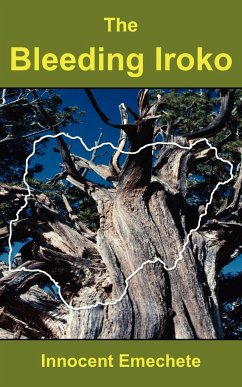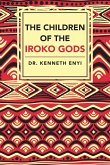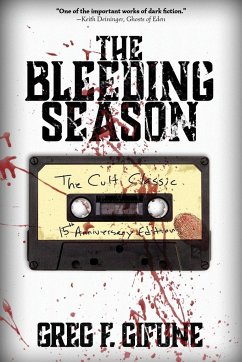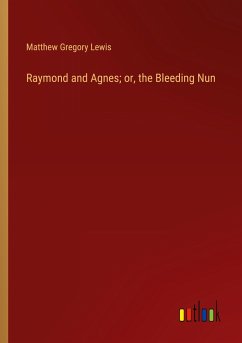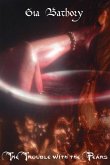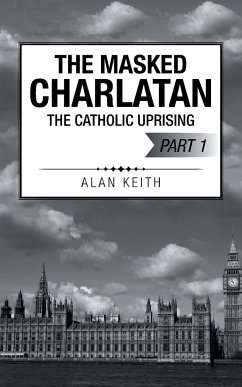The Bleeding Iroko, though a fictional story, has some elements that are situated in reality of a place. It highlights the Pagan-Christian divide in the late eighteen and early nineteen hundreds among the IGBO people of Eastern Nigeria, West Africa. Before the advent of Christianity, the people were practicing Traditional African Religion. The Njoku episode exposes the pains, ostracism and struggles of Converts from Paganism to Christianity. The shame and humiliation are extreme. It also, in a small way, focuses on the solidarity of the NEW RELIGION. It is a story of faith, courage and heroism as is exemplified in Mazi Njoku, the former High Priest of Ogwugwu the god of Umuebi village. This heroism of a Convert is at odds with the superstition of the Pagan village of Umuebi. The reader is invited to see, almost to a point of active participation, the polarity and dynamism of conversion, of a religious nature, in an African context. The odds of one becoming a Christian in those days were very low. There exits in the plot a sense of myth, fear, superstition and awe in the Pagan worship of their god represented by a BUSH with magnificent exhibition of nature. The struggle between the old religion of Umuebi people and the brand new religion of the WHITE MAN changed the face of a quiet, simple village to a confused, fearful and hateful village people with inquisitive minds. The fear factor spread like wild fire. The supposed sin of one man is necessarily affecting every man, woman and child in the village. Like a scene from the Old Testament, the sin of an individual, becomes the sin of all. To appease the god or gods, everyone in the Community will be part of the atonement. Just like in the Book of Leviticus, the culprit, the priest, and the Community of Umuebi had to be part of the sacrifice of cleansing, expiation or atonement to the god, Ogwugwu. The wind of this poisoned atmosphere did not stop in Umuebi village. It spread to other villages around them. The battle
Hinweis: Dieser Artikel kann nur an eine deutsche Lieferadresse ausgeliefert werden.
Hinweis: Dieser Artikel kann nur an eine deutsche Lieferadresse ausgeliefert werden.

